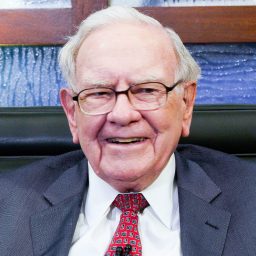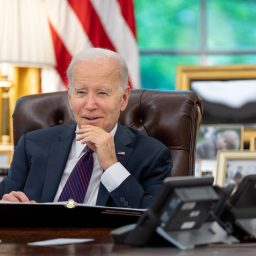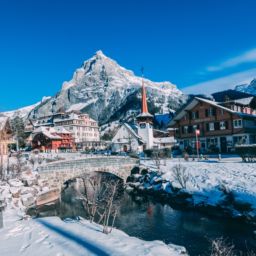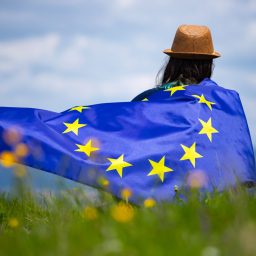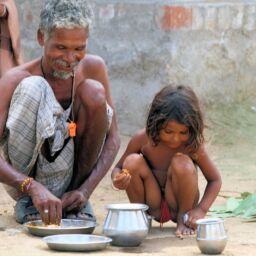Saudi Arabia’s new airline, latest reinvention into a global player

Saudi Airline
RIYADH – Repositioning itself as a global leader, Saudi Arabia made the conscious decision of embarking in a complete face lift. The Kingdom set itself out in the pursuit of a large-scale change that has turned the country from a seemingly black box to a project-generating machine with information flowing through statements and press releases. The repercussions of this openness are not just aesthetic, and a lot more will be taking place. We witness almost on a weekly basis mega-projects, initiatives and funds being launched that propel Saudi Arabia into the limelight. The thirst for development and diversification is tangible. Seeing how different parts of the government operate in unison with the Saudi’s National Strategy, Vision 2030, leaves little room to question the process in which things are being done and the efficiency behind it. With an overarching approach to national capitalization by diversifying the economy and developing its public sector including social and tourism, the country is looking inward to build up.
What’s happening in Saudi?
A race against time. Vision 2030 in 2016 unsealed the floodgate to an unexpected openness that few saw coming in Saudi. A fast-paced openness and reactionary plan to the world.Saudi Arabia’s Crown Prince Mohammed bin Salman announced on Sunday the creation of Riyadh Air, of a new national airline that will place the Kingdom on the map to compete with regional transport and travel hubs. According to Reuters, industry veteran Tony Douglas has been named as its chief executive. Real estate and infrastructure have taken a front-row seat to the drastic changes, with $1 trillion being allocated to that end, according to Knight Frank, a global real estate consultant. In 2021, the Kingdom launched its National Transport and Logistics Strategy. This was intended to turn the country into a global logistics hub to connect three continents.
2021 also saw the creative extension of Vision 2030 coming to life, with the Red Sea Film Festival holding its first edition in Jeddah. According to its website, The Red Sea Film Foundation, which operates the festival “is an independent, non-profit organization created to support the film industry in Saudi Arabia in the production and distribution of films, as well as education on cinema. The Foundation’s initiatives support the ambitious plans for the Kingdom in the entertainment industries, with its pillars of a vibrant society, an ambitious nation and a thriving economy.”
Neom, was announced in 2017, but the Line was publicized in 2021, and the other mega projects followed: Oxagon, Trojena, Sindalah, etc.
In 2023, Saudi Arabia’s Crown Prince Mohammed bin Salman launched the Events Investment Fund (EIF). According to local Saudi media, it centers around developing a sustainable infrastructure for different sectors in Saudi Arabia, from culture, tourism, entertainment, and sports.
The Public Investment Fund, set up in 1971, has been more active than ever, with its latest announcement of the creation of The Murabba, the world’s largest downtown, enough to hold 20 Empire State buildings.
It is obvious that these projects are intended to attract tourism, but more key to that, is the fact that these projects are aimed to change perception. The economic powerhouse that the leadership is building is meant to offset any pre-existing stereotypes that the international community has always had. These projects are a natural progression of what the Kingdom perceives as catch up, but with the right resources and technologies.
Tourism is no longer exclusive to religious pilgrimage but to an actual vacation with multisensorial experience of wellness and culture. Chief among those 15 upcoming tourist sites is AlUla, which is dubbed like a journey through time, considered one of Saudi’s most historical site. ROAM, a luxury destination management company launched in the Kingdom this month, branding Saudi Arabia as the next “it” destination.
What does this mean politically?
Keeping itself at a safe distance, politically, from the ongoing regional developments, while playing the Arab protector task for the Palestinian file is scaling up its mediating role. The Kingdom is not normalizing its relations with Israel just yet, and will be using this bargaining chip for the foreseeable future as a strategy to pressure the United States, whose need for oil constitute a national security matter; thus, dependence on Saudi Arabia in that sector is key.
Although the Kingdom had not made any positive advances towards Syria in the past, it also has not hindered it for now, a message that the possibility of reestablishing contact with Damascus is an option, especially after government-owned media broadcasted the Syrian President Bashar al-Assad’s speech after years of silence. Today this was further proven with the Kingdom’s plan to invite the Syrian President to the Arab League Summit scheduled to take place in Riyadh in May marking the official end of Syria’s regional isolation which had already begun with different regional visits with Gulf States. According to Reuters, “Saudi Foreign Minister Prince Faisal bin Farhan will travel to Damascus in coming weeks to hand Assad a formal invitation to attend the summit scheduled for May 19.”
Iran is a thorn in most Gulf countries’ agenda, but not a situation that they can’t keep at bay. The Kingdom’s Minister of Foreign Affairs, Prince Faisal bin Farhan, specified during a panel at the Munich Security Conference that nuclear agreements should be put on the table again with a greater Gulf participation. March 12 saw a surprise deal between Saudi Arabia and Iran to restore diplomatic ties brokered by China. According to Saudi state news agency on Thursday, Saudi Foreign Minister has agreed with his Iranian counterpart, Hossein Amirabdollahian, to meet and “pave the way for the re-opening of embassies under a deal to re-establish ties.” A clear message that Saudi is now leading the nuclear file.
Yemen for Saudi Arabia is not a new event, and the Kingdom is still keen on maintaining the status quo and reinforcing efforts to have a more permanent ceasefire that would avoid cross-border attacks or targeting of oil infrastructure, the “backbone of the Saudi economy.” With the country’s reinvention and the focus on tourism, the last thing MBS wants it to fend off attacks and defend stability. In line with the above, Saudi Arabia will deposit $1 billion in the internationally recognized Yemeni government’s central bank to offset the weak currency and high prices.
For Lebanon, Saudi has always been a steady political presence, a role that it is still playing in the background, waiting for the opportune moment to fully reengage.
As for Russia, Prince Faisal bin Farhan, specified during the mentioned panel that good relations with Russia is beneficial to all, stressing on the need for dialogue.
Saudi Arabia has had a one-source economy for years, opening up with all the right parameters does provide an edge to the region and an economic certainty as well, as it sees new sectors opening, new jobs being created, and more workforce, local and international, drawn to it. Even with the shift in green energy and climate change, oil remains a question of national security for most western countries, particularly the United States, now more than ever following the Russia-Ukraine war.
By Marita Kassis


